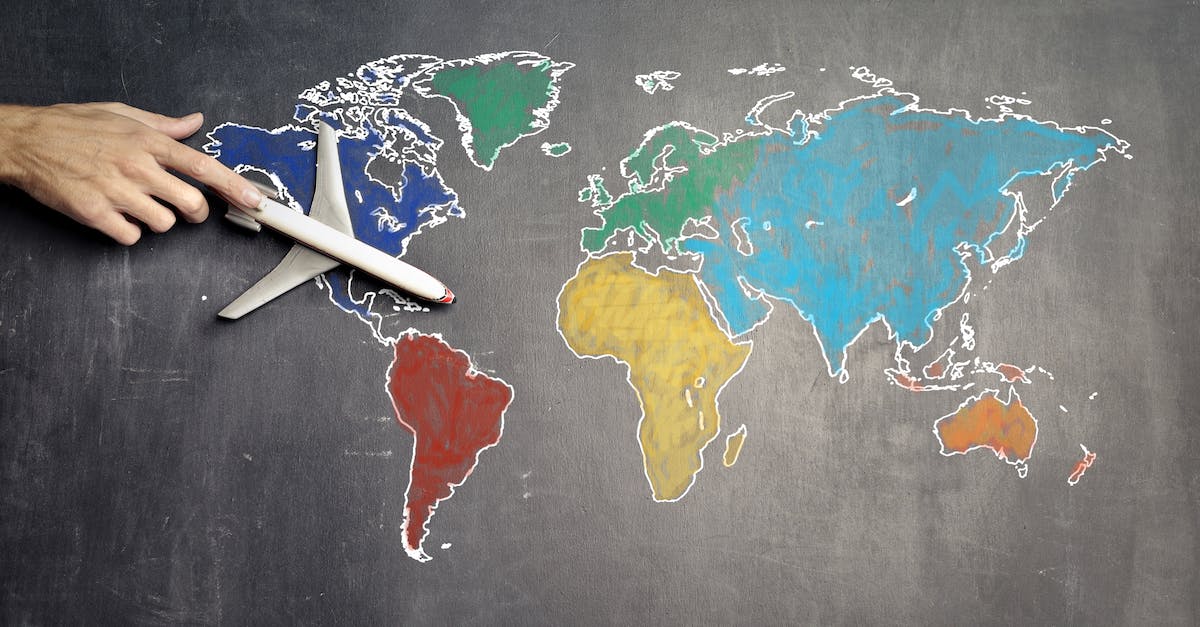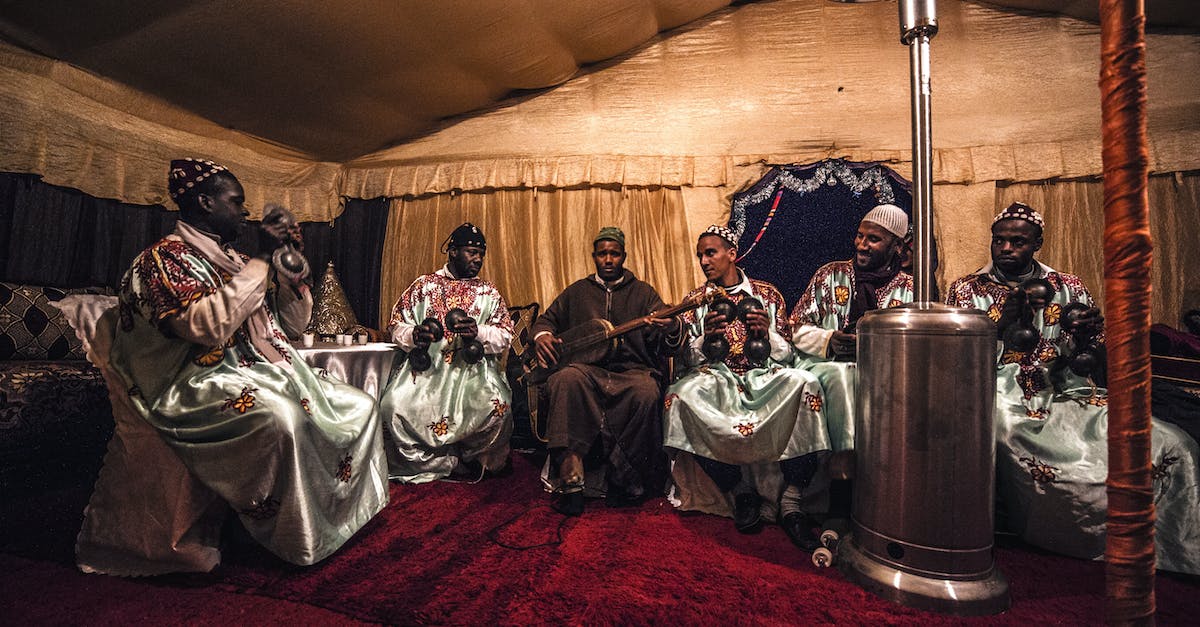In a first, EU seen moving to cut money for Hungary over corruption

The European Commission is expected to recommend suspending billions of euros in cohesion funds for Hungary over corruption concerns. This would be the first such case under a new “cash for democracy” sanction meant to better protect the rule of law. The EU has long denounced Hungary’s public procurement laws for insufficient anti-graft safeguards that return an excessive rate of single bidders and feed corruption. The Commission’s recommendation is a strong signal that the EU is serious about protecting the rule of law and fighting corruption.
1. What is the European Union’s executive branch?
The European Union (EU) is an economic and political union of 27 member states that are located primarily in Europe. The EU has a single market and a customs union. The EU’s executive branch is the European Commission. The Commission is responsible for proposing legislation, implementing decisions, and upholding the EU treaties.
In a first, the EU is considering cutting funding for Hungary over concerns about corruption. This would be a significant move by the EU, as Hungary is a member state. Corruption is a serious problem in Hungary, and the EU is concerned that Hungary is not doing enough to combat it. The EU is also concerned about the rule of law in Hungary.
2. What is the purpose of the cohesion funds?
The cohesion funds are a part of the European Union’s budget that is used to promote economic and social cohesion among the member states. The funds are used to invest in infrastructure, education, and other areas that can help reduce disparities between regions. Hungary is one of the largest recipients of cohesion funds, and the European Union has been working to increase the transparency and accountability of how the funds are used. However, recent reports of corruption and mismanagement in Hungary have led the EU to consider cutting the country’s cohesion funding. This would be a significant blow to Hungary’s economy, and could lead to further social and economic divisions within the country.
3. How much money is allocated for Hungary under the bloc’s shared budget?
The European Union is moving to cut funding for Hungary over concerns about corruption, in a first for the bloc. Hungary is set to receive 3 billion euros ($3.4 billion) in EU funding next year, but that could be reduced by up to 10 percent under the new proposal. The move comes as the EU is increasing its scrutiny of member states’ compliance with rule of law and democracy. Hungary has been accused of backsliding on both fronts in recent years.
The proposed cut in funding would not be automatic, but would need to be approved by a majority of EU member states. It would be a significant financial penalty for Hungary, which relies heavily on EU funding.
4. Why is the European Union executive branch considering suspending funds for Hungary?
The European Union’s executive branch is considering suspending funds for Hungary due to concerns over the country’s alleged corruption. This would be the first time that the EU has taken such a measure against a member state. Hungary has been accused of misusing EU funds, and the European Commission is currently investigating the matter. If the Commission finds that Hungary has indeed engaged in corrupt practices, the country could be suspended from the EU’s financial assistance program. This would be a significant blow to Hungary, as the program provides billions of euros in funding each year.
5. What is the “cash for democracy” sanction?
The so-called “cash for democracy” sanction is a punitive measure that the European Union (EU) may take against a member state that is seen as backsliding on democratic values. This particular sanction entails a reduction in EU funding to the offending member state.
The EU is founded on the values of democracy, rule of law, and respect for human rights. These values are enshrined in the EU’s founding treaties and are reinforced through the EU’s accession process. As such, any member state that is seen to be backsliding on these values may face disciplinary action from the EU.
The “cash for democracy” sanction is one such punitive measure that the EU may take against a member state.
Quick Summary
The European Union is taking a stand against corruption by suspending funding for Hungary. This is the first time the EU has used this new sanction, which is meant to protect the rule of law. The move is in response to what the EU says is the undermining of democracy in Poland and Hungary.








